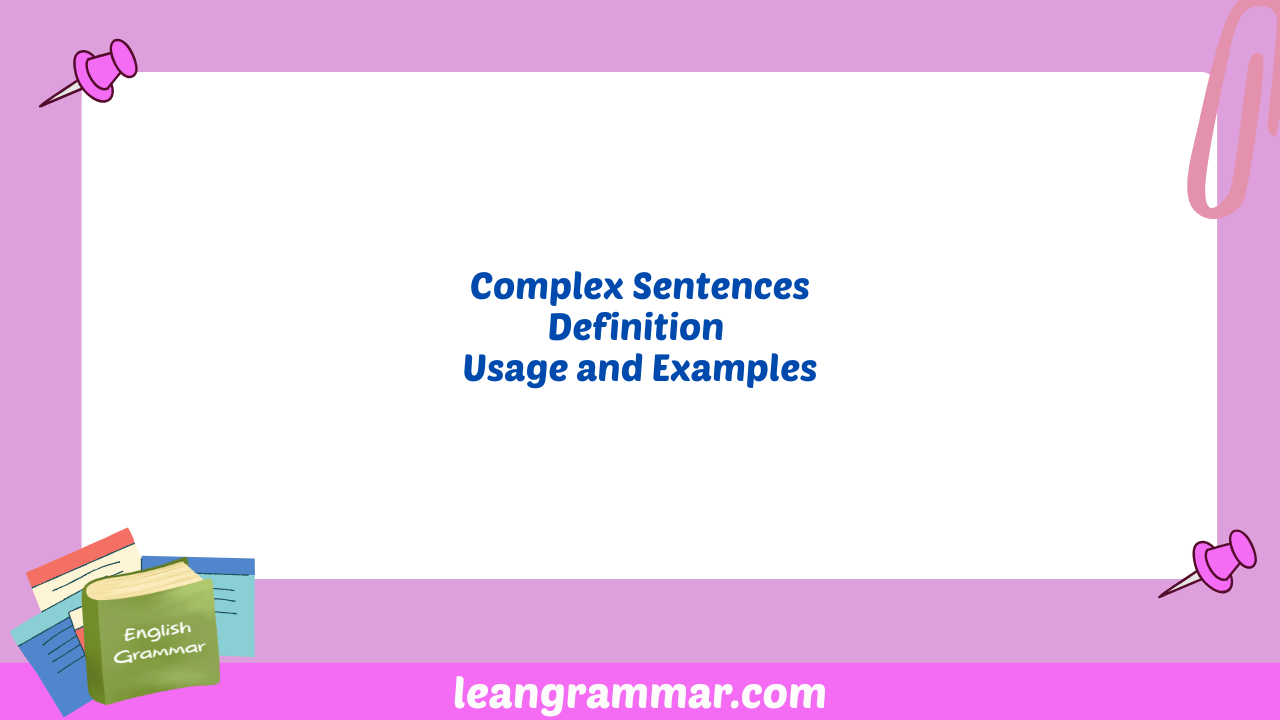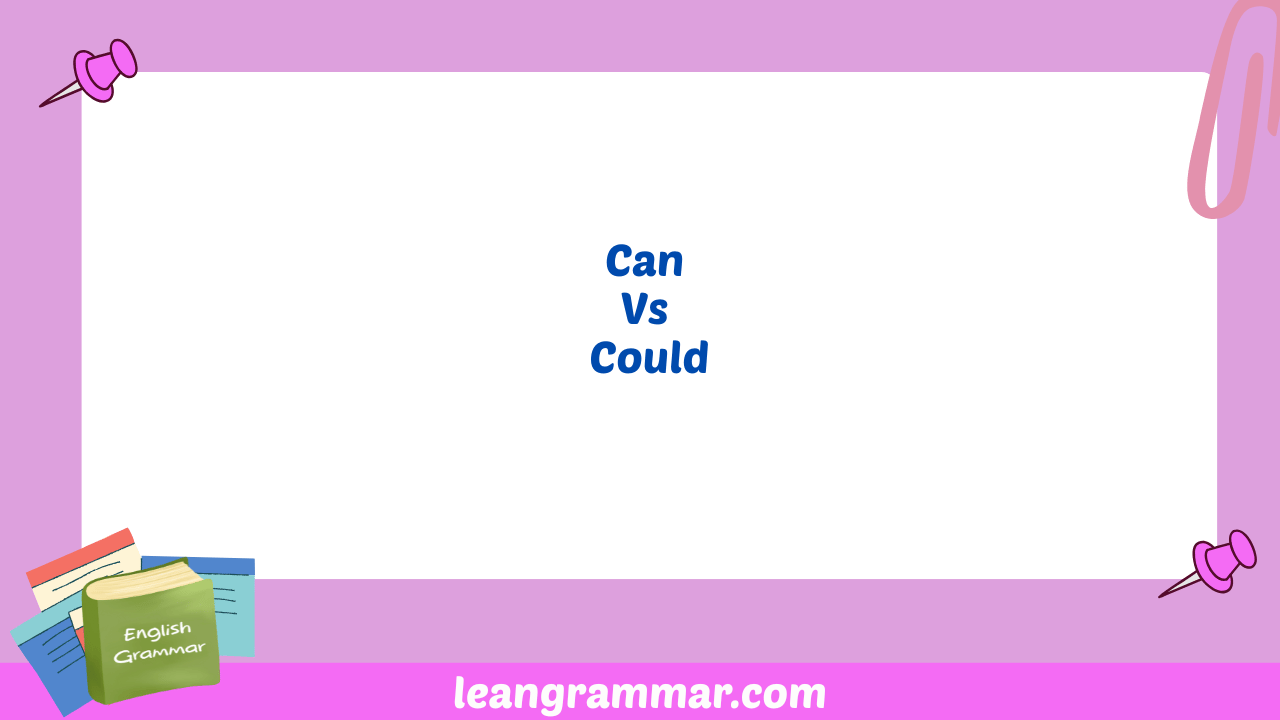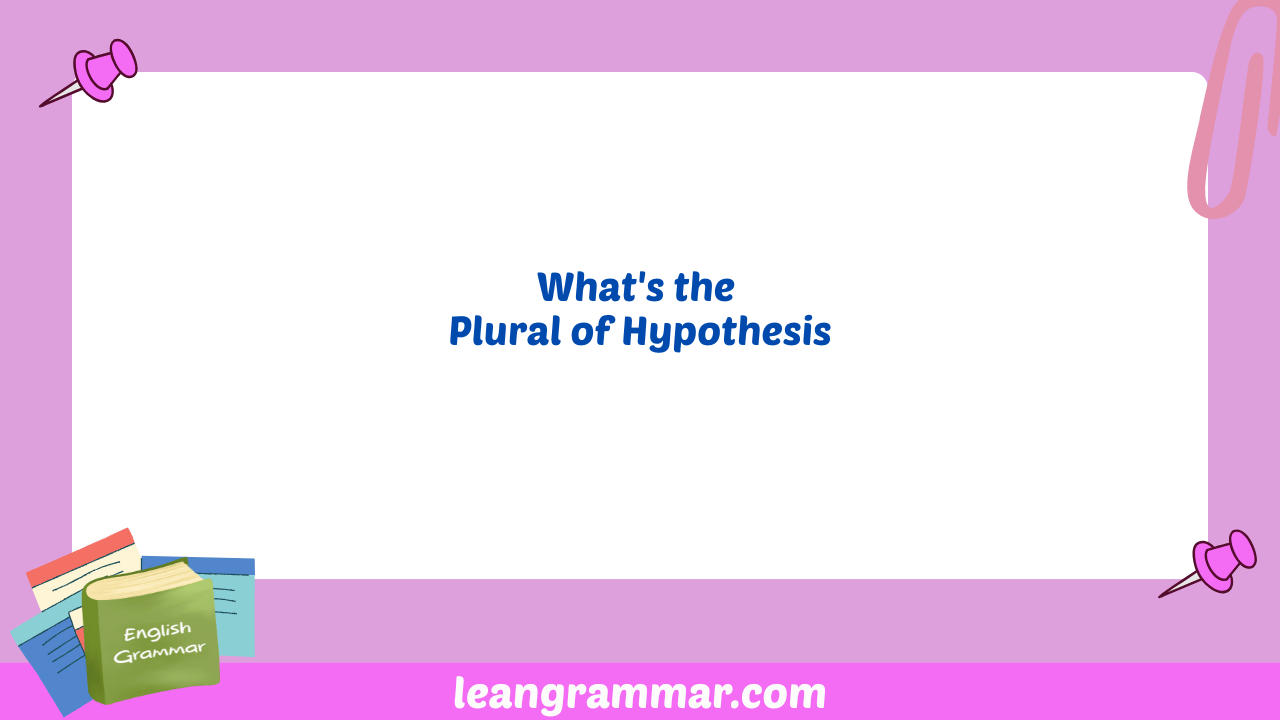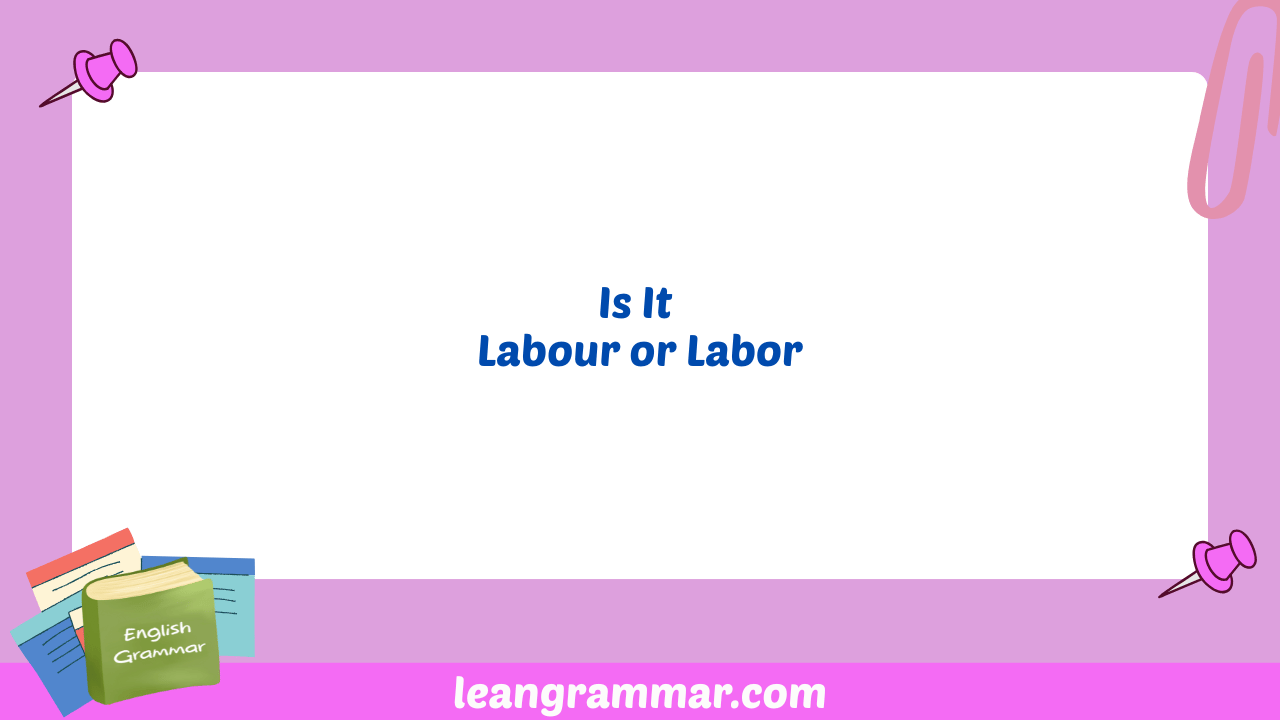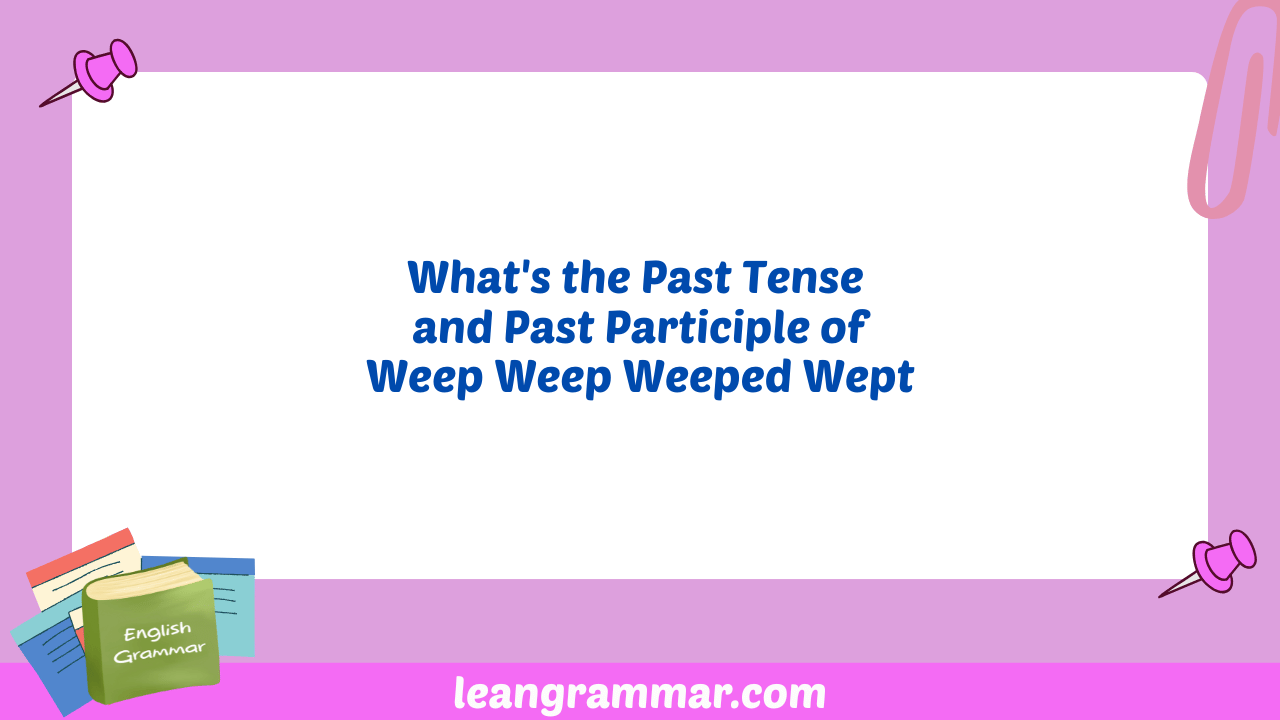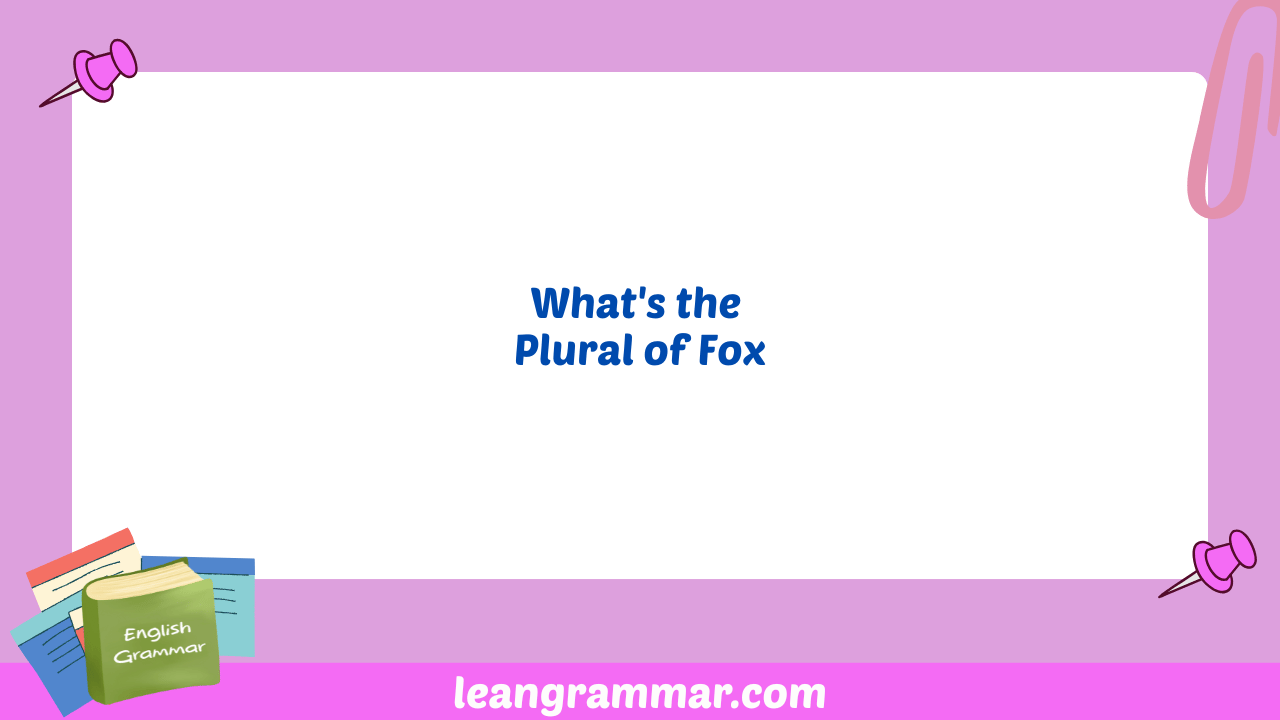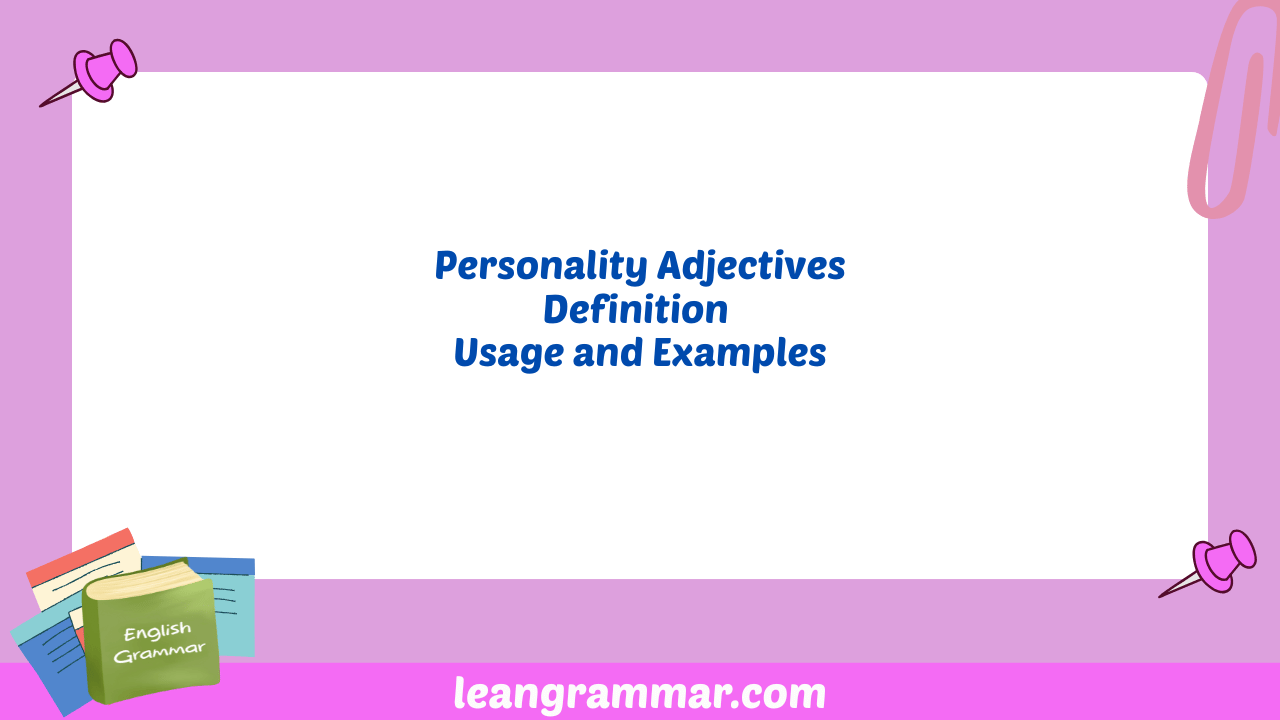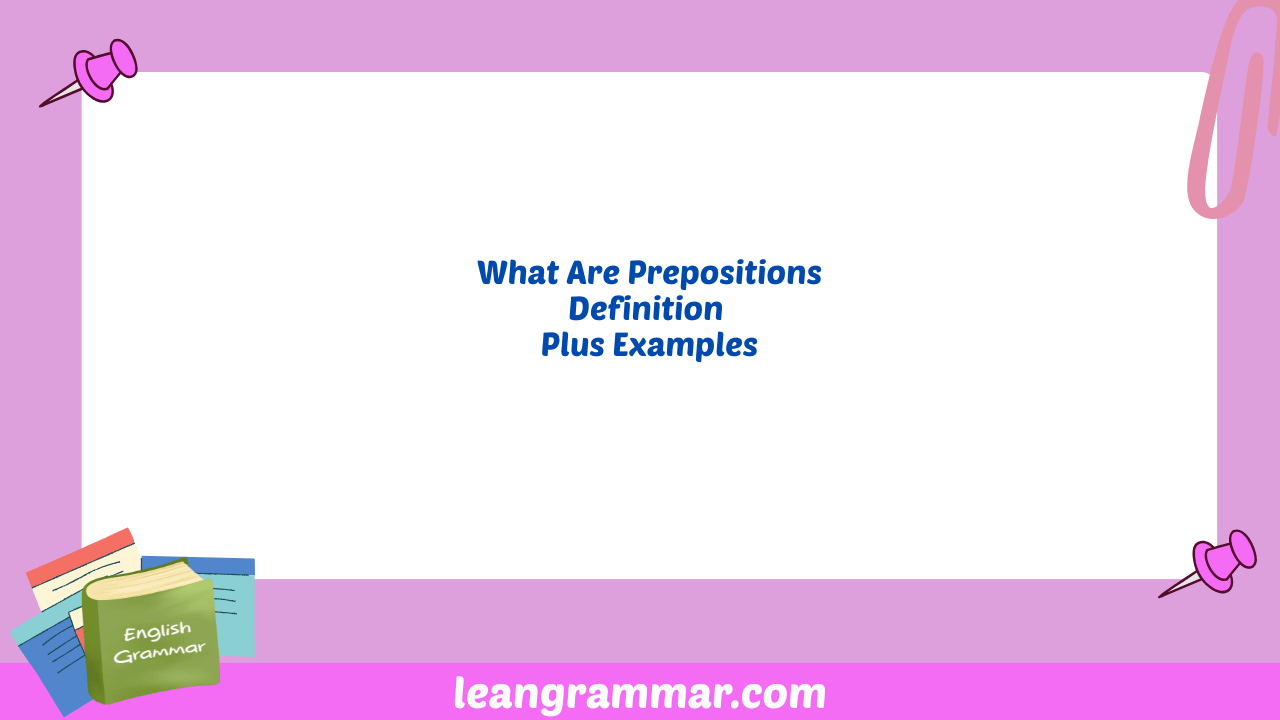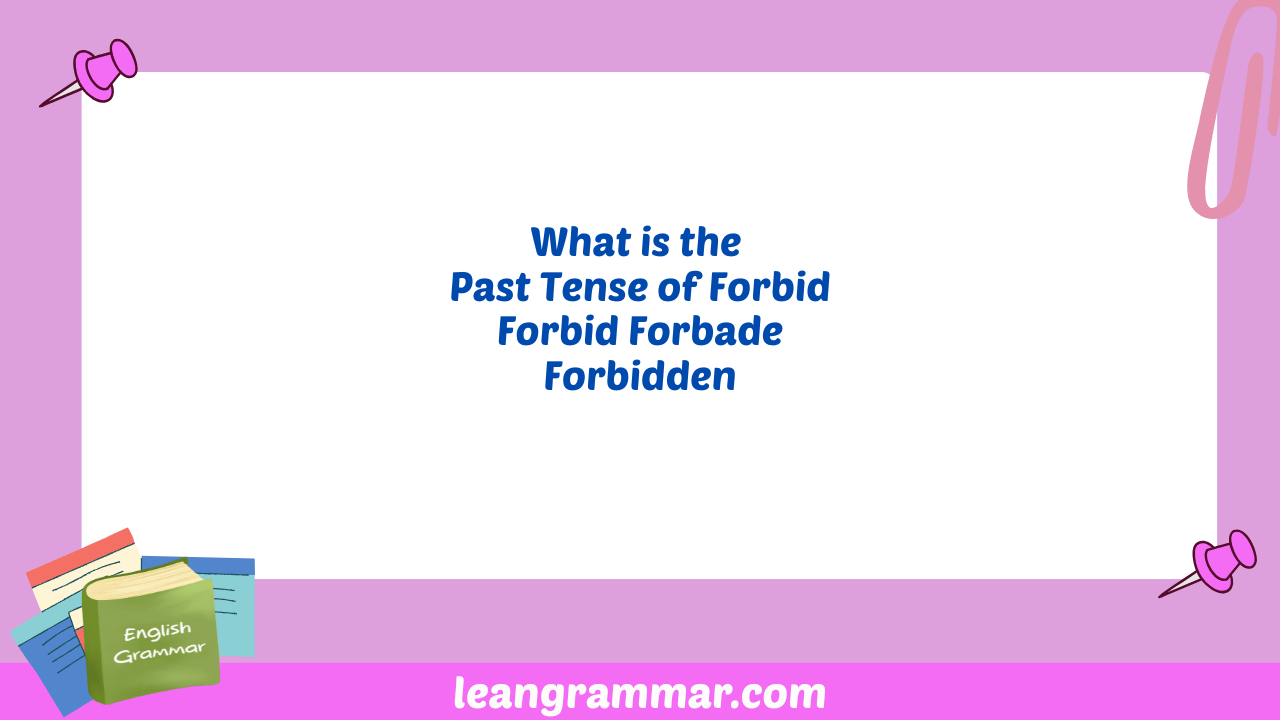Mastering Complex Sentences: Definition, Usage, and Examples
Complex sentences are a cornerstone of sophisticated English writing and communication. Understanding how to construct and use them effectively allows you to express nuanced ideas, establish clear relationships between different parts of your message, and create more engaging and persuasive content. This article provides a comprehensive guide to complex sentences, covering their definition, structure, types, … Read more
